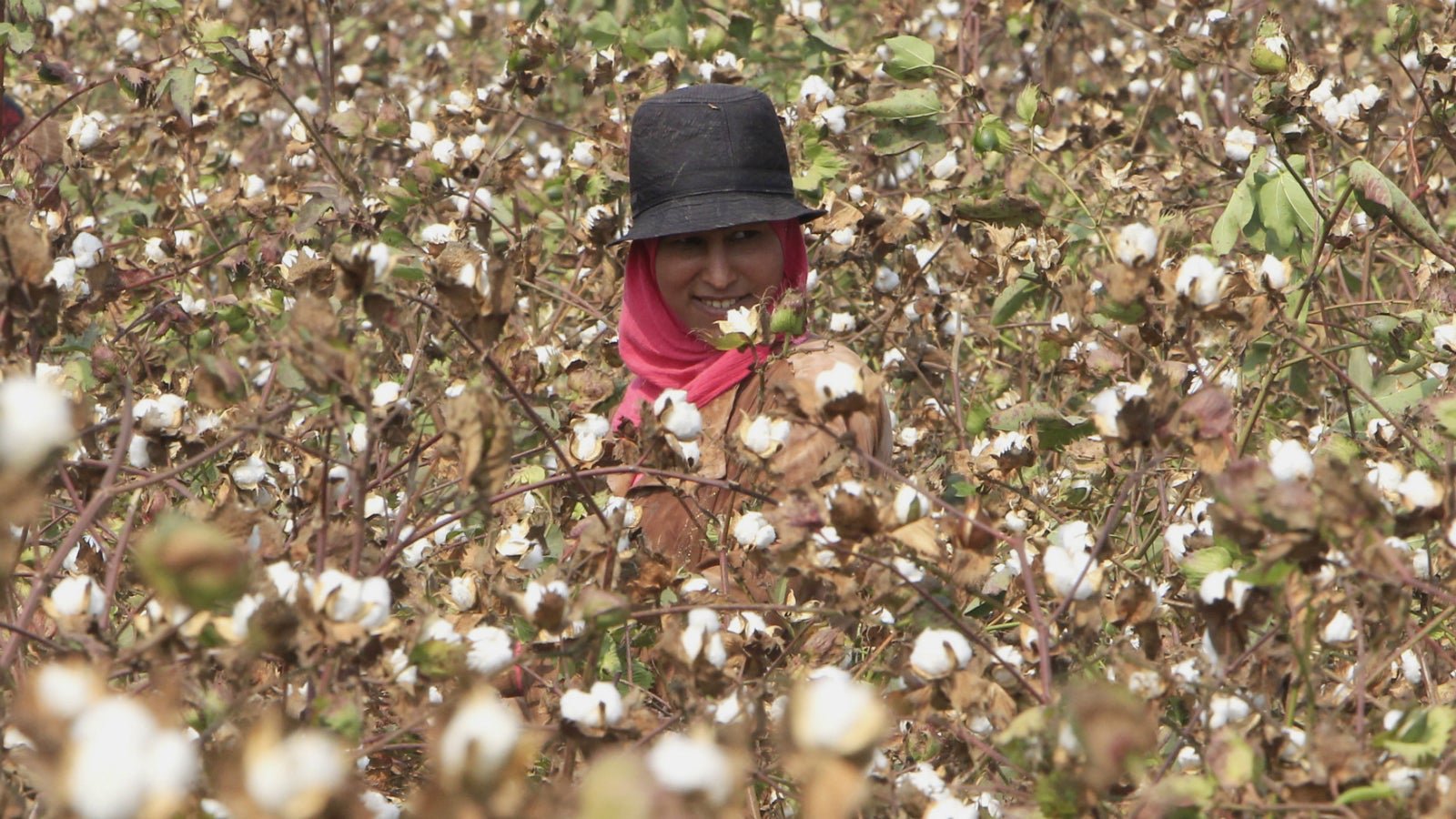Why Welspun might have sold fake Egyptian cotton sheets to Target and other US retailers
The Egyptian cotton scandal troubling one of India’s largest textile makers is a snapshot of a global shortage.


The Egyptian cotton scandal troubling one of India’s largest textile makers is a snapshot of a global shortage.
American retailer Target ended all contracts with Welspun India after determining that the 100% Egyptian cotton sheets it bought from the company were made of a cheaper substitute. Other retailers including JC Penney, Walmart, and Bed Bath & Beyond have started investigations.
Egyptian cotton is considered as luxury because of its fine fabric, durability, and light weight—and production of the stuff hasn’t been strong enough to meet global demand.
The fabric, as the name suggests, is grown in Egypt, which owns 40% of the market for “superior cottons,” as the Financial Times notes (paywall). For years, cotton was the country’s chief cash crop, earning it the nickname “white gold.” But production has fallen in recent years, as the cancellation of government subsidies and introduction of open-market policies have made cultivation more expensive.
The area in Egypt devoted to harvesting cotton is forecast to fall 24% this year, according to the US Department of Agriculture (USDA). ”Farmers who shifted to other crops like sugar beet are still hesitant to grow cotton again due to the marketing challenges facing the crop as well as the floundering and ever changing government’s policies,” the USDA said in a March report (pdf).
This decrease means it’s unlikely that a lot of the sheets and pillow cases labeled as 100% Egyptian cotton are, in fact, genuinely pure Egyptian cotton. And the governing body for Egypt’s cotton industry is clearly aware of this.
“We have taken samples from all over the world and found that a big percentage of what’s labelled ‘Egyptian cotton’ is not,” Khaled Schuman, executive director of the Cotton Egypt Association, told the magazine Home & Textiles Today in March, the same month it gave Welspun a certification of authentication for three of its products.
We’ve reached out to the CEA for a comment on the certification process. Whether the Welspun investigation proves the process faulty or not, it could uncover a lot more than one sheet manufacturer’s problems.